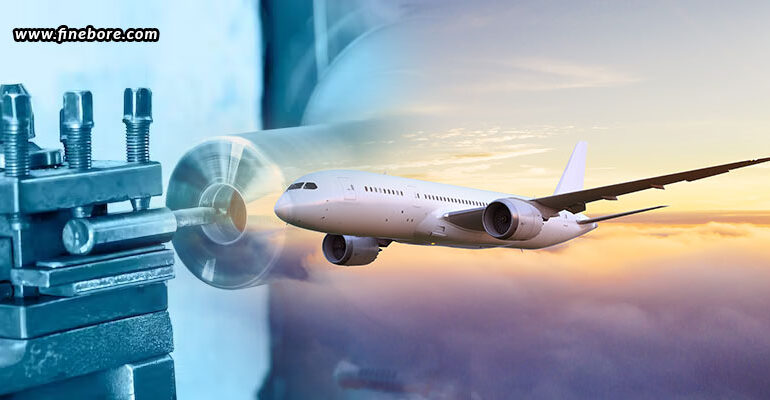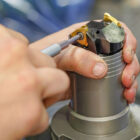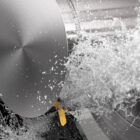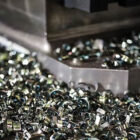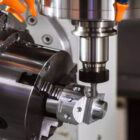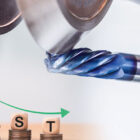The aerospace sector is a shining example of the inventiveness and creativity of human calibre. Aerospace manufacturing has been a driving factor in expanding the realm of what is possible from the early days of flight to today’s cutting-edge technologies. A dedication to accuracy and dependability is at the core of this sector, where every part—from the largest structural component to the smallest fastener—plays a critical role in maintaining the safety of air travel. Let’s delve into the fascinating industry of aircraft production and the crucial part boring tools play in upholding its strict standards.
Importance of precision in the aerospace industry
Extremes abound in the aerospace manufacturing industry, with only a few other industries capable of matching the level of precision that is required. There is no room for error in the design and manufacture of commercial aeroplanes, military aircraft, spacecraft, or the parts that make them up. The stakes are immense, and even the smallest deviation from perfection could have disastrous results!
The first concern in aerospace is safety. The millions of people who board aeroplanes every day do so with the implicit belief that every detail has been carefully and precisely planned. This trust is based on stringent quality assurance, extensive testing, and the skill of engineers and machinists who are aware of the value of micron-level precision. The materials used also plays a very significant role. High-strength metals, titanium, and composite materials are frequently used to make components. These materials are chosen for their outstanding strength-to-weight ratios, but due to their resistance and toughness, they need special equipment and machining procedures.
Boring tools in aerospace
Precision holes must be bored into components, which is at the heart of aerospace manufacturing. These holes must be drilled to exacting standards since they may be used for attaching bolts, fasteners, hydraulic lines, or electrical conduits. Here, boring tools step in as the overlooked champions of the aerospace manufacturing industry.
Boring tools are very different from drilling tools. Boring, as opposed to drilling, produces precisely sized, smooth-walled holes or enhances and perfects existing holes. Precision is not only desired, but also necessary in the aircraft industry; and boring tools make it possible to drill holes with micrometre-level tolerances, guaranteeing that bolts, screws, and other components will fit together perfectly. Boring tools are used to drill holes in a variety of crucial parts, including –
- Engine components: Boring guarantees precise alignment of the delicate components of jet engines, such as turbine blades and casings.
- Aircraft fuselage: An aircraft’s fuselage is an engineering wonder, with numerous precisely drilled holes for the rivets and bolts that hold the entire structure together.
- Landing gear: During take-off and landing, the landing gear is subjected to a lot of stress. The holes for the hydraulic systems that retract and deploy the landing gear are made using boring tools.
- The interiors: From seats and overhead bins, to wiring and avionics, the accuracy of an aircraft’s interior components is essential to the comfort and safety of its passengers.
The tolerances needed for aerospace machining are frequently invisible to the naked eye. These degrees of accuracy are possible with the use of boring tools, some of which have tolerances as low as a few micrometres. In order to achieve such precision, one must have a thorough understanding of materials, cutting speeds, and feeds, while also getting their hands on the finest quality boring tools. This is why you’re advised to always purchase your products from genuine boring tools suppliers in Bangalore, one like FineTech Toolings. Here, precision is a culture, hence every product is manufactured to exact specification and stringently inspected and calibrated. Quality is ensured at every stage of manufacturing so that every product offers unmatched precision over a long period of time.

